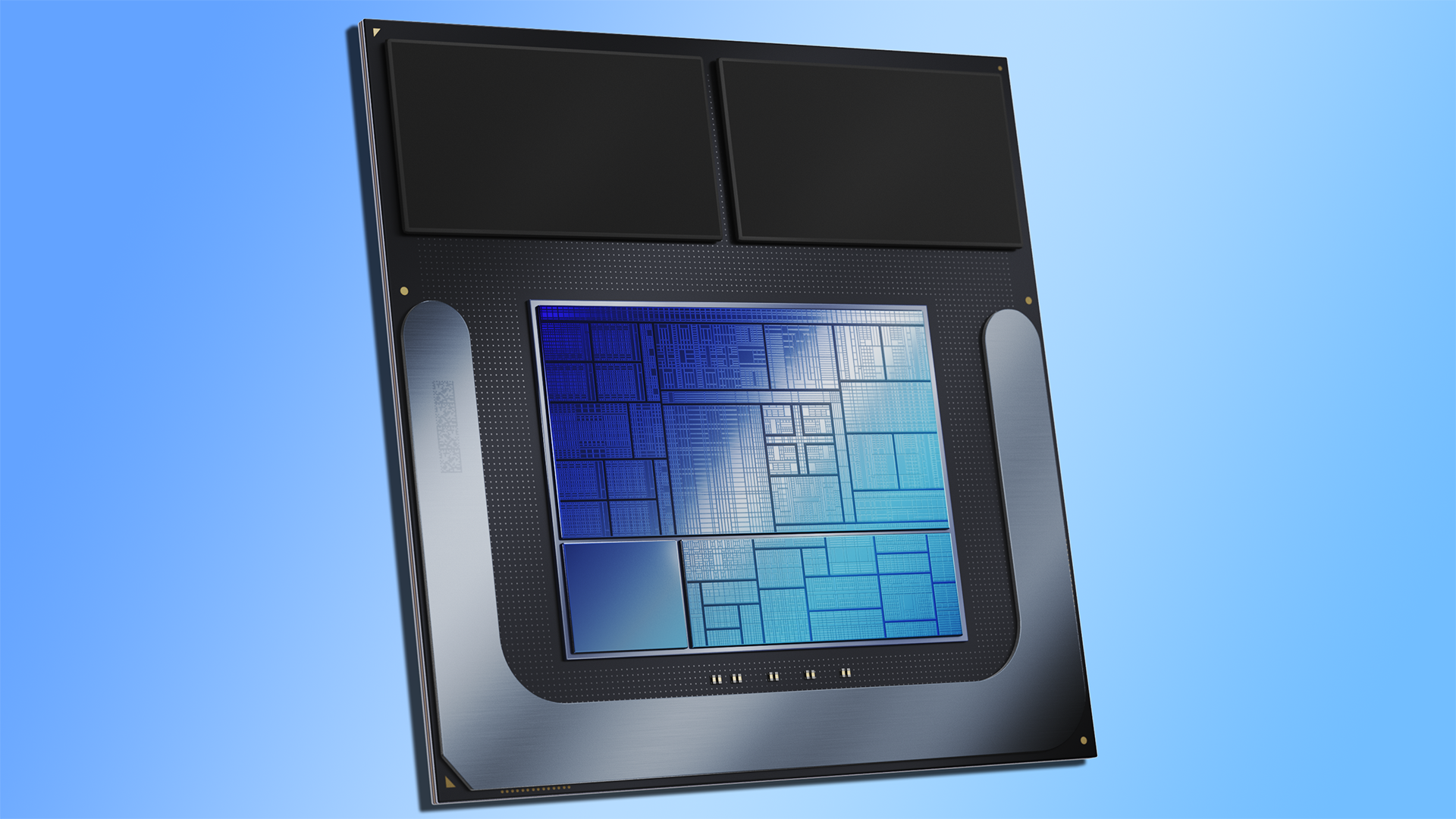
Intel's next-generation Lunar Lake mobile CPUs have been hotly anticipated, and since their announcement at the start of this month we've been keen to get our hands on them for ourselves. Recent reports suggest, however, that we won't see the new chips until the end of this year, meaning that Intel may well miss out on the big back-to-school laptop trading period.
Digitimes Asia has reported (via Hardware Times) that the new Lunar Lake chips are said to not be shipping until September, instead of June as previously suggested.
If these reports prove out, that puts Intel in the unenviable position of launching much later than AMD's new Ryzen AI 300 series CPUs (still said to be launching this July) and Qualcomm's Snapdragon X series chips, which are releasing in a large number of laptops from virtually all the major manufacturers over the next few months.
That puts Intel massively on the backfoot, as while the chip design and performance claims of Lunar Lake looks to be impressive, coming late to the party means that end-of-summer laptop sales are likely to be swallowed by its competitors.
Students will likely be looking for laptops with the latest chips and "AI PC" branding, and at this point it looks like devices featuring AMD or Qualcomm CPUs might be the only models that technically qualify.
To be classified by Microsoft as an AI PC, the CPU has to feature an NPU with at least 45 TOPS of AI-processing performance, and Intel's only current mobile chip to feature one, Meteor Lake, only manages 34 TOPS from the package overall, with a measly 10 TOPS from the NPU alone.
So, what could be causing this delay? Well, despite Intel's long-term roadmap targeting five new nodes over four years, three years in, the compute tile for Lunar Lake is instead using TSMC's N3B node.
That's slightly troubling, as N3B yields are supposedly fairly poor. Apple appears to have moved away from the troubled node by switching focus to its new M4 chip on TSMC's N3E node instead, abandoning the previous M3 series on N3B in several of its products. Other factors may apply, of course, but it does seem like a potential contributor to the delay if confirmed.
Whether brand association alone would be enough to convince laptop buyers to go for older Intel CPUs over the shiny new chips from its major competitors remains to be seen. Still, if these reports prove out, this may be troubling news for a company that increasingly looks like it might be having its lunch eaten by AMD and others.
And as for desktop CPUs? Well, AMD's Zen 5 chips have been announced and look to be very much on their way, whereas news on Arrow Lake has gone quiet for the time being. Intel looks to be playing catchup, and these delays, if true, won't do much to change the perception that the company is struggling to keep up with the pace.







